Loading...
tech
Caltech

Study Sheds Light On Unpredictable Earthquake Patterns
Myanmar's Sagaing Fault Offers New Insights Into Future Seismic Events

Technical University of Munich

Hybrid Intelligence Revolutionizes Plant Health Monitoring From Space
New AI-Driven Method Provides Reliable Plant Health Data Using Satellite Observations

Utrecht University
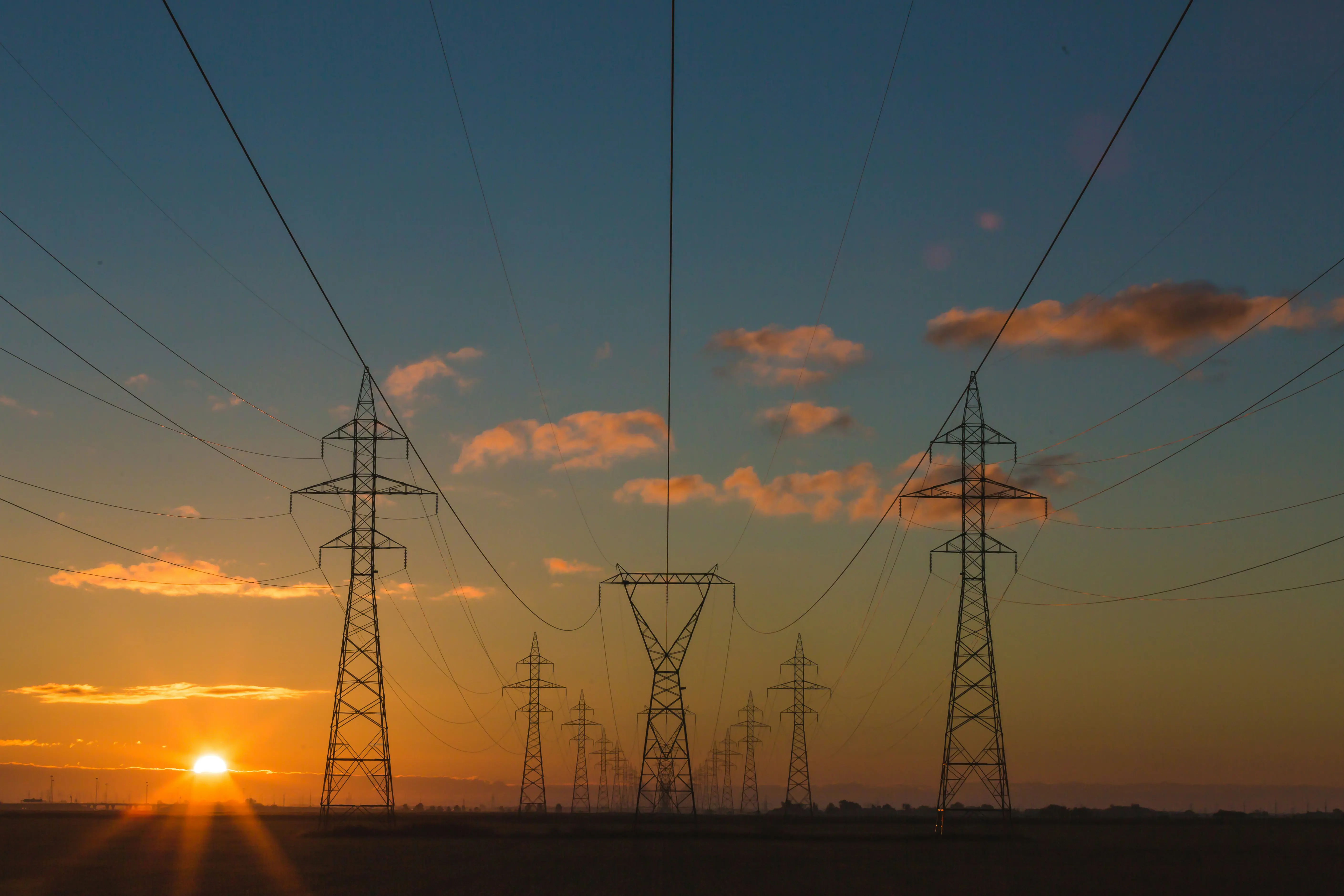
Smart Charging And Vehicle-To-Grid: Overcoming Challenges In Electric Vehicles
Exploring The Potential And Hurdles Of Smart Charging And Vehicle-To-Grid Technologies In Evs

University of Wisconsin Madison
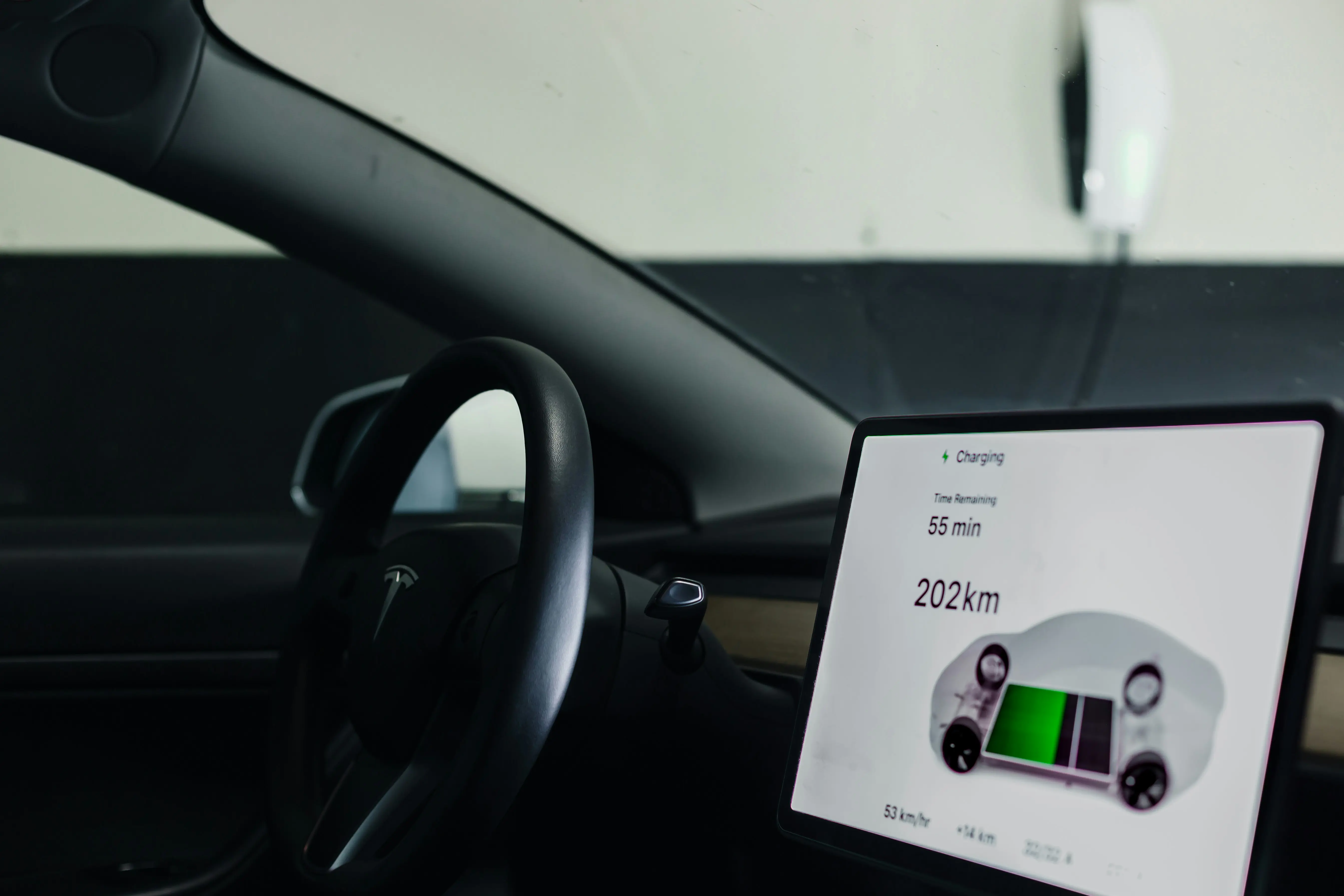
New Method To Recycle Lithium From Ev Batteries Could Cut Costs
University Of Wisconsin–Madison Chemists Develop Promising Electrochemical Technique

ETH Zurich
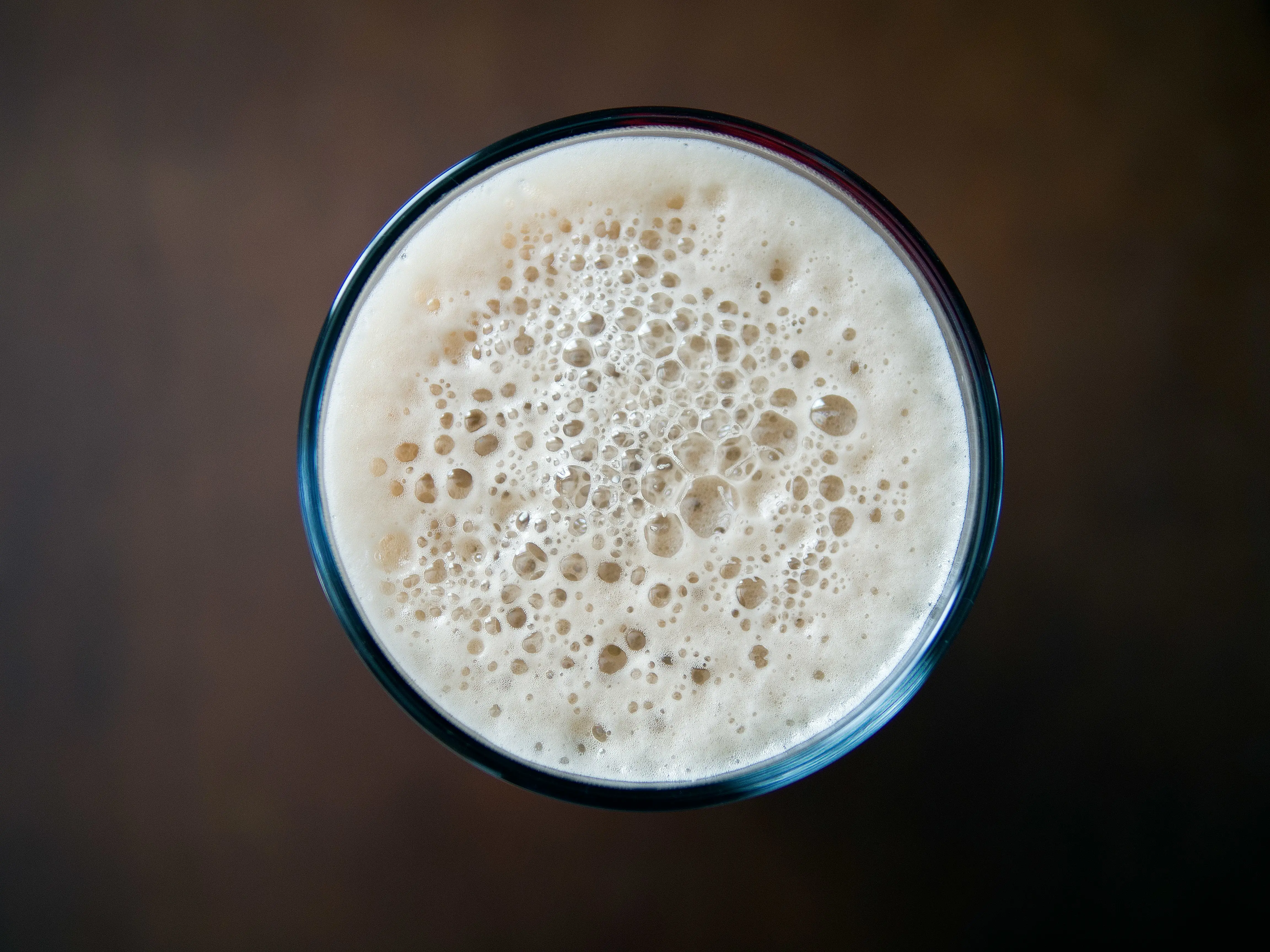
Unraveling The Mysteries Of Beer Foam Stability
How Proteins And Surface Tension Shape Your Favorite Brews

University Of Cambridge

Us Political Crises Spark Unifying Social Media Trends
Study Reveals Ingroup Solidarity Overtakes Hostility During Major Events

University College London

Breakthrough Salt Enhances Perovskite Solar Cell Efficiency
Ucl Researchers Revolutionize Solar Energy With Guanidinium Thiocyanate

Carnegie Mellon University
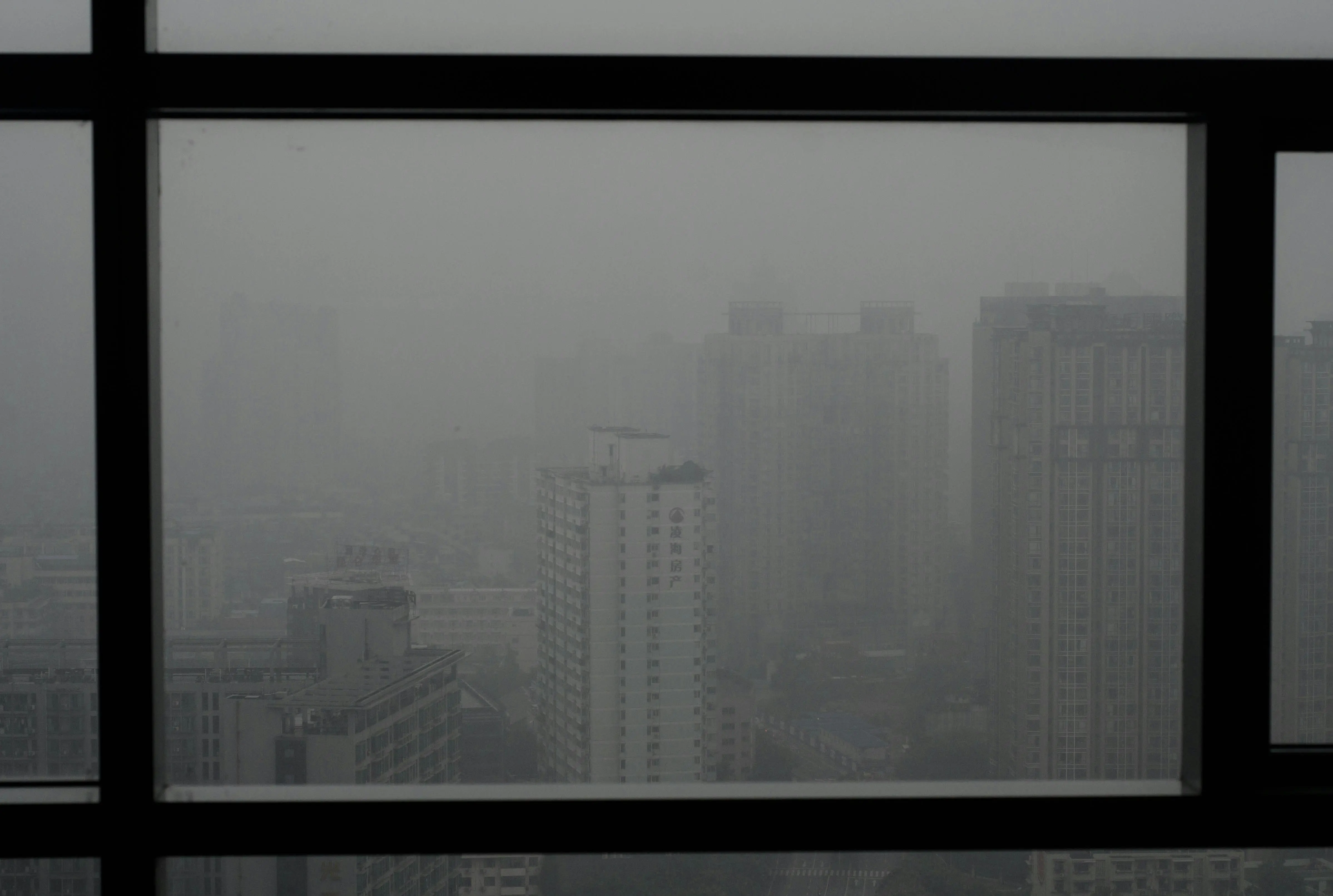
Innovative Sensor Tech Targets Indoor Air Pollution
Carnegie Mellon Researchers Extend Sensor Lifespan With Polymer Coating

KAIST

Ultra-Secure, Fast Random Number Generators
New Framework Sets Higher Security Standards For DRBGs In Cryptography

Cornell University

Study Uncovers Risks Of Passkeys In Abuse Scenarios
New Research Framework Targets Digital Safety Amidst Interpersonal Abuse

University of California San Diego

How K-Pop Star Lisa Turned Labubu Into A Viral Sensation
The Power Of Social Media Influence On Collectible Trends

Kyoto University

Unveiling The Cosmic Mystery: How Massive Stars Grow
Gas Streamers As Cosmic Highways For Star Formation

University of Nottingham

Skin Temperature: The Key To Comfortable, Smart Spaces
Linking Body Heat To Indoor Comfort And Smart Technologies

The University of Auckland
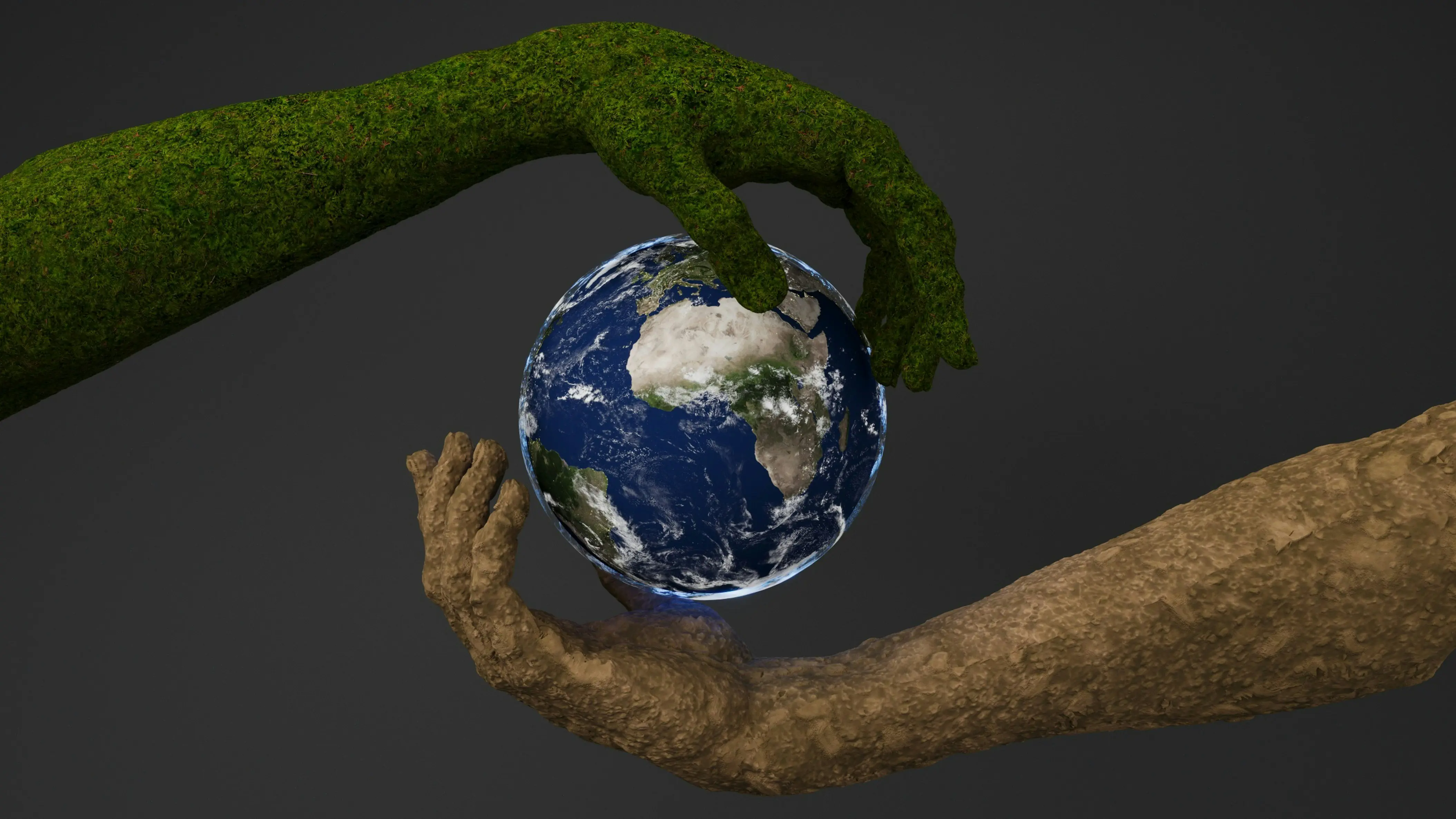
Exploring AI's Dual Role In Environmental Sustainability
AI: A Boon Or Bane For Our Planet?

MIT
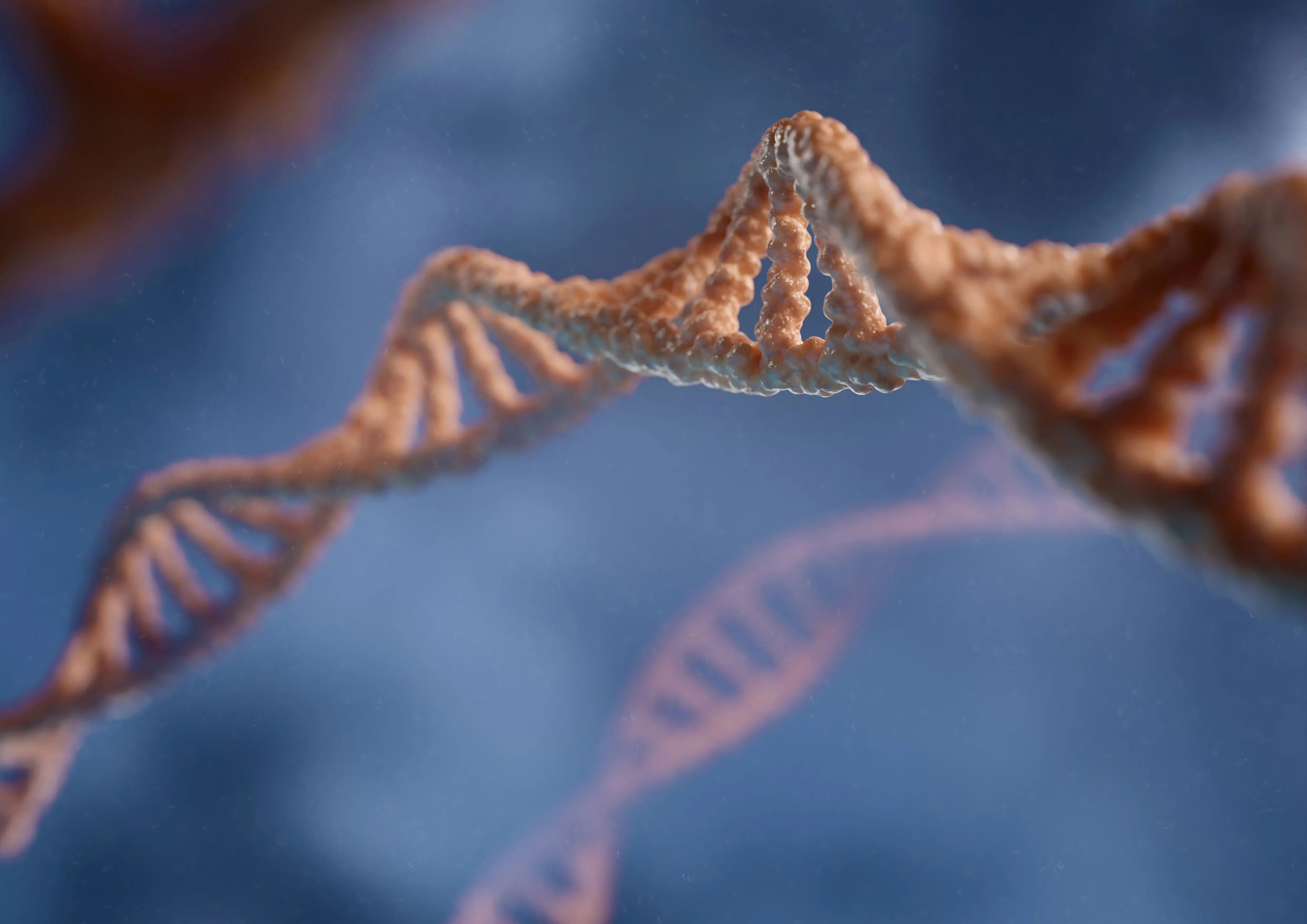
New Tool Enhances Safety Of Crispr Gene Editing
Innovative Protein System Reduces Risks In Dna Editing
